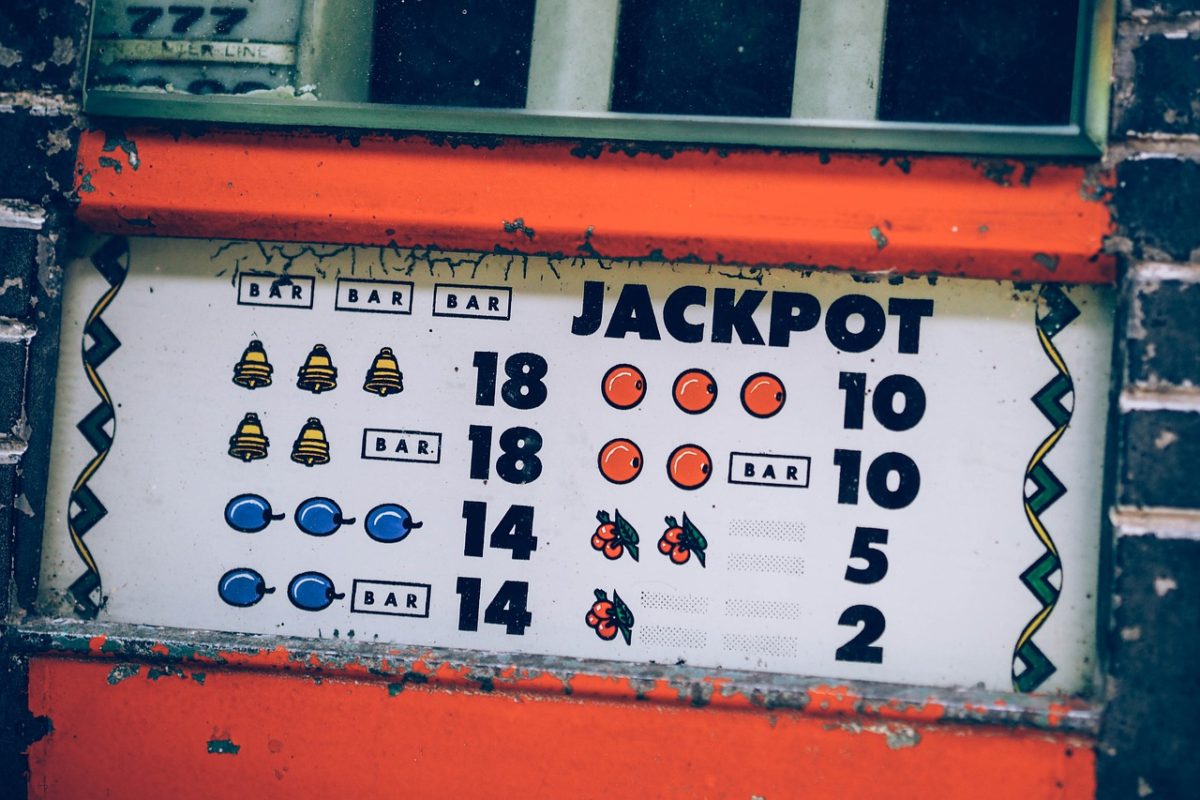A compulsive gambler is a person who is not able to resist urge to gamble. The compulsiveness leads to severe personal and social consequences. The desire to gamble becomes so difficult to control that stress can only be calmed by gambling more.
1. Walks, Talks and Breathes Gambling
The compulsive gambler preoccupies himself with gambling. He tells story of previous experiences. The compulsive gambler often discuss with anybody willing to listen, his new schemes or next winning strategy.
2. More, more and more
The compulsive gambler finds himself gambling more and more money. In most cases he is not gambling for a bigger prize but for an increased thrill or excitement. The time he spends gambling usually lasts longer than planned.
3. Can’t Stop, Won’t Stop
The compulsive has repeatedly been unable to curb his gambling. Worse, he becomes irritable and restless when attempting to cut back or stop altogether. Unfortunately, gambling is a way of escaping or relieving his problems.
4. Lies, lies and more lies
The compulsive gambler starts lying to family and friends in order to hide his habit. But lies and brags about winnings. He denies having a problem when confronted. Often becomes angry if the issue is pursued. The lies start to become a way of life for the compulsive gambler.
5. Show me the money
He starts depending on others to help on dire financial situation. He often borrows from family and friends to support his increasingly worsening problem. Mortgages and loans are refinanced. Life insurance is cashed in, as well as his 401k. The gambler may then start committing fraud and theft to finance gambling.
6. Self Destructing
Career is jeopardized or relationships with loved ones and friends are eroding. There is a tremendous amount of shame and remorse felt after gambling. Will consider or attempt suicide due to extreme helplessness of situation.
7. Losing control
A shift in personality often happens to the compulsive gambler. He starts being manipulative, irritable, argumentative, critical, and controlling. The compulsive gambler starts losing interest on his regular activities and hobbies. Then makes poor excuses or evades questions on his whereabouts. Often withdraws from love ones and friends. Sees gambling as a way to cope and deal with his problems.
8. No Sense of time
The compulsive gambler begins gambling to celebrate and in crisis. He starts spending his time gambling on holidays and special events.
Prevention is difficult and will not always be likely. Counseling may help people who are more susceptible to compulsive gambling. People who know of relatives that are compulsive gambler might be at risk and must be especially wary.
There are several online organizations that can give both practical advice and emotional support to problem gamblers. Gambling Therapy is one of them and could be a good starting point.
